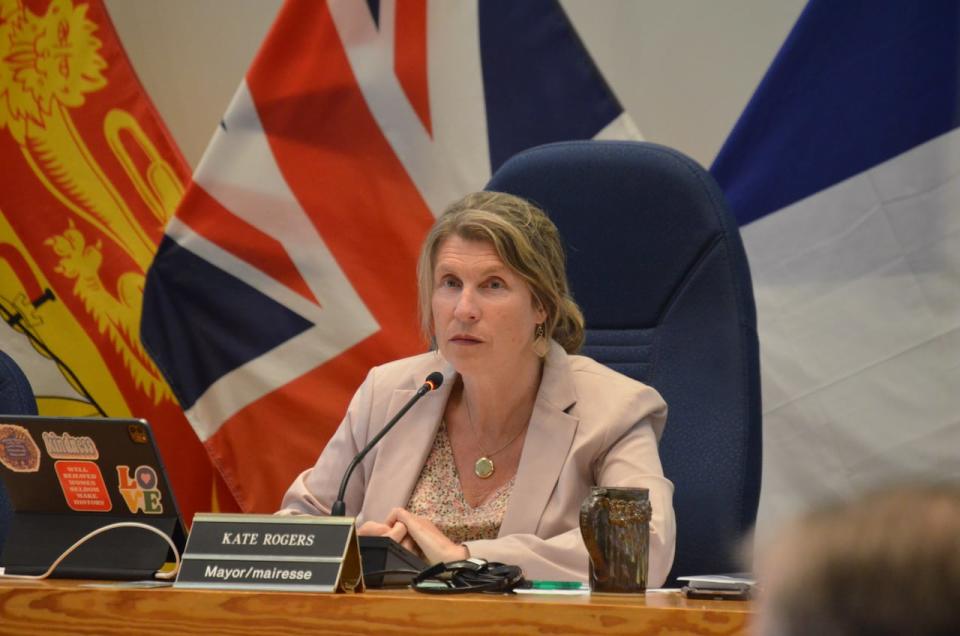Fredericton to cut red tape to promote creation of in-law suites, basement units

Fredericton is moving ahead on cutting red tape to encourage the creation of more granny suites and basement units.
Staff plan on bringing forward amendments to the city's zoning bylaw and municipal plan that would clear the hurdles homeowners currently face when they want to construct an accessory dwelling unit on their property, said Frederick Van Rooyen, a city planner, speaking after Monday's council meeting.
"It's important to note that the majority of our zones already permit secondary dwelling units, but fundamentally, these amendments look to cut the red tape and make it easier by changing our existing standards," he said.
The amendments will be the subject of a public presentation during the June 10 city council meeting.
The proposed changes will be subject to the considerations of the planning advisory committee on July 17, followed by a public hearing at the Aug. 12 regular council meeting.

Senior Fredericton city planner Frederick Van Rooyen said the city's current standards for getting an accessory unit approved are outdated and need changing. (Aidan Cox/CBC)
Van Rooyen declined to share details about what the changes will include or how they'd cut red tape.
"The existing standards generally speak to certain sizes, certain floor areas and so it would be to look to amend some of those existing standards," he said.
Affordable housing strategy
Van Rooyen said the planned changes stem from the city's adoption of an affordable housing strategy in 2022, which sought to increase the number of housing units by making zoning rules more flexible, providing land to non-profit developers and hiring an affordable housing development specialist.
He said cutting red tape for creating accessory dwelling units falls within the objective of making zoning rules more flexible, adding that there is appetite among the public for an easier process.
"The city's had a number of applications in recent years for garden suites, in-law suites, basement apartment units where [applicants] are really going through a process that's established by standards that in our opinion are outdated and really do need an update given the housing crisis that we're in," he said.
The changes would also dovetail with a grant the city is now offering as part of its $10-million Housing Accelerator Fund, which would put money in the hands of eligible homeowners who commit to creating an accessory unit in their home, if they rent it out.
Balancing character of neighbourhoods
Mayor Kate Rogers said she thinks encouraging more of these units will play an important role in the creation of more diverse housing options.

Fredericton Mayor Kate Rogers says she welcomes the changes but hopes they can be done while limiting the significant changes to established neighbourhoods. (Aidan Cox/CBC)
At the same time, Rogers said loosening those rules will also need to be done sensitively, so as to not significantly alter the look and feel of neighbourhoods.
"As we're entertaining and permitting more ... housing types, we're also being very sensitive that it still very much fits with the feel and the look of our city," she said in an interview.
"We don't want neighbourhoods really changing drastically. So there will be a lot that will be taken into account. I think design will will factor in more heavily."
Once the details of the proposed changes are revealed next month, members of the public will get their first opportunity to weigh in on them at the July planning advisory committee meeting, as well as at the August city council meeting.


